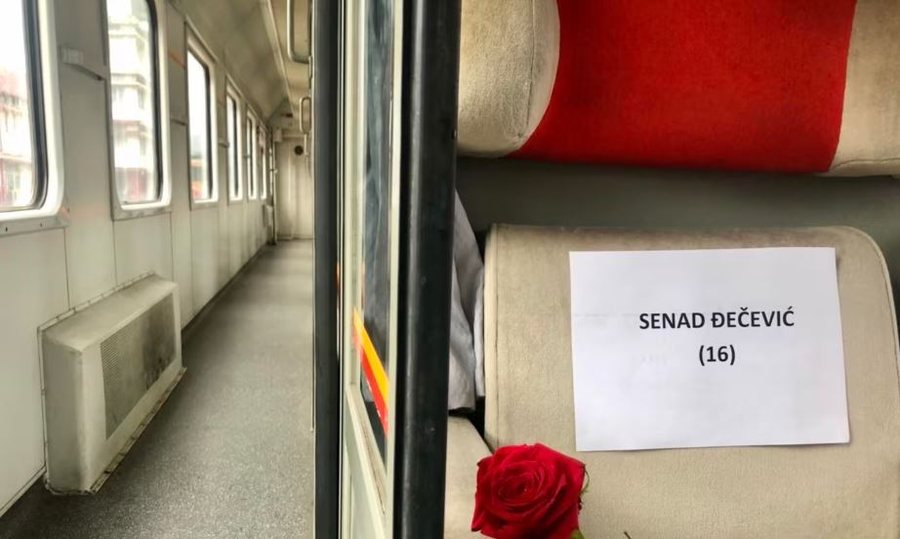
The Montenegrin government will pay 1.6 million euros in compensation to the families of civilian victims of the wars in the 1990s.
With this decision, Montenegro "corrects a long-standing injustice," declared Montenegrin Prime Minister Milojko Spajic, after a government meeting held on April 25.
The decision was taken two months after the Montenegrin Parliament voted for amendments to the Law on the Protection of Veterans and Disabled Persons, amendments which entitle families of civilian victims of the war to compensation or social assistance.
The law refers to citizens of Montenegro who – as civilians – have lost their lives or gone missing during armed conflicts in the former Yugoslavia since August 1990.
With the decision of the Government of Montenegro, 16 families will be compensated with 100 thousand euros each.
The cases included in the compensation are the expulsion of refugees from Bosnia and Herzegovina in 1992, the kidnapping of Bosniaks from the Belgrade-Bar train in Štrpci in 1993, and the NATO intervention in 1999.
In 1992, Montenegrin police handed over dozens of refugees from Bosnia and Herzegovina to Radovan Karadzic's army of Republika Srpska, most of whom were killed immediately. In this case, compensation is due to the family of Osma Bajrović.
Members of the Army of Republika Srpska killed 20 people traveling on the Belgrade-Bar train a year later, in 1993. Among them were eight citizens from Montenegro.
The latest case concerns the victims of the 1999 NATO bombing of the then Yugoslavia, which began after the failure of negotiations in Rambouillet to end the war in Kosovo. In Montenegro, seven civilians were killed at the time.
The Government of Montenegro emphasized on April 25 that compensation for families represents a step towards dealing with the past and has great symbolic and practical importance for rebuilding trust in state institutions and building interpersonal solidarity./ REL (A2 Televizion)











